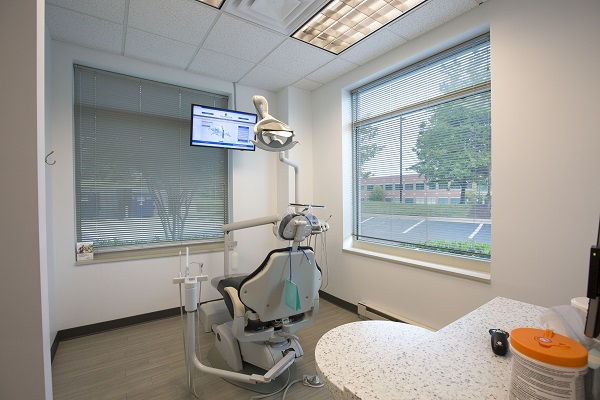Wisdom Teeth Extraction FAQ

When it comes to extracting wisdom teeth, most people have a lot of questions. If you are experiencing pain, swelling or trouble biting down on food, talk to your dentist about having your wisdom teeth pulled. For this, either a dentist or an oral surgeon performs an in-office surgical procedure. Depending on various factors, this may entail pulling just one wisdom tooth or all four.
Frequently asked questions about wisdom teeth extraction
The following are some common questions about wisdom teeth extraction.
Why are wisdom teeth extracted?
The primary reason for having this particular tooth pulled has to do with pain. Often, an individual will experience secondary problems as well. Some of these include headaches, developing bad breath and even having a funny taste in the mouth when eating. However, there are other reasons for having this surgery performed. As an example, extracting the wisdom teeth would remedy an issue of overcrowding.
Another reason to have wisdom teeth surgically removed is impaction. In this case, a tooth cannot penetrate the gums. In other words, it becomes stuck beneath the surface. There are also times when only a portion of the tooth emerges, leaving the other part stuck. Also, a dental professional will extract a wisdom tooth if it begins growing in at an angle and in someone with gum disease.
What happens during surgery?
Most often, the surgery for extracting wisdom teeth takes about 45 minutes to complete. Based on the patient’s level of nervousness, as well as the severity of the problem, the dental professional either numbs the area with local anesthesia or uses IV sedation in which the dental professional numbs the entire mouth and the patient becomes drowsy. The other option is general anesthesia. In this case, the patient sleeps throughout the entire procedure.
Making an incision around the area allows the surgeon to access the tooth. In more difficult cases, the surgeon may need to cut some of the bone or gum in order to complete the extraction. With that complete, the dental professional cleans and disinfects the area and sutures the incisions. The socket is then packed with a medicated gauze to promote healing and help stop the bleeding. This also prevents a “dry socket,” which is a painful condition in which the blot clot falls out.
What happens after surgery?
Following surgery to extract wisdom teeth, the patient would return home after the sedative wears off. For about three to four days, it is common for people to experience some degree of pain and swelling. For complete healing, it takes roughly two weeks. The dentist or oral surgeon provides a list of the things a patient can and cannot do. For proper healing, it is essential the individual follow the instructions exactly as written.
As an example, after having surgery to remove the wisdom teeth, the patient should apply ice to minimize swelling and heat to reduce pain. The patient should also slowly exercise the jaw by opening and closing the mouth several times a day. Along with plenty of fluids, the individual needs to stick to soft foods for the first few days. As for brushing, it is important to wait until the second day to avoid causing the blood clot to fall out.
A whole new you
After living with pain for so long, once you have your wisdom teeth pulled, you will feel so much better. After your mouth heals, you can go back to enjoying all your favorite foods. Of course, if you experience any problems, you need to notify your dentist right away. Follow the surgeon’s orders and you will heal completely in no time.
Request an appointment here: https://www.titandentalcare.com or call Titan Dental Care at (703) 745-3227 for an appointment in our Sterling office.
Check out what others are saying about our services on Yelp: Read our Yelp reviews.
Related Posts
Choosing a general dentist to straighten your teeth is a great idea. General dentists are primary care dental providers, which means they understand everything there is to know about diagnosing, treating, and managing their patients' oral health. This type of dentist is the first dentist you would make an appointment with when experiencing any dental…
A dental veneer is a popular cosmetic dentistry solution designed to enhance the appearance of teeth by improving their shape, color, and alignment. Proper care and maintenance are essential to maintain a dental veneer's longevity and aesthetic appeal. Following a few practical steps, patients can ensure their veneers remain durable and beautiful for years.Good oral…
A family dentist provides comprehensive dental care for patients of all ages, making it convenient to address the oral health needs of everyone in the family. From preventive services for children to restorative and cosmetic treatments for adults, a family dentist ensures each family member enjoys a healthy, radiant smile. By focusing on personalized care…
A smile makeover is a process that involves one or more cosmetic dentistry procedures to make a person's smile look better. Some of the treatments include bonding, dental crowns, veneers, and tooth-colored fillings. In many cases, the procedure can serve both aesthetic and functional purposes. The treatment options also depend on the patient’s individual condition.A…


